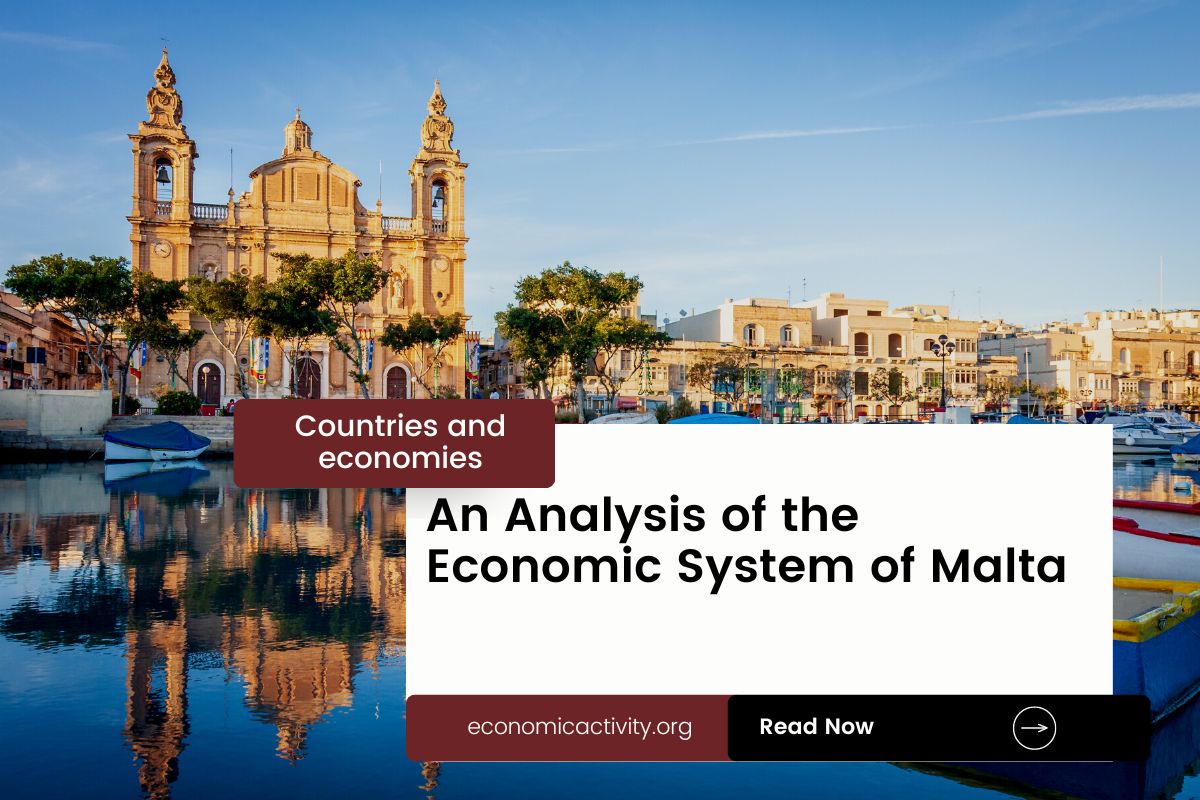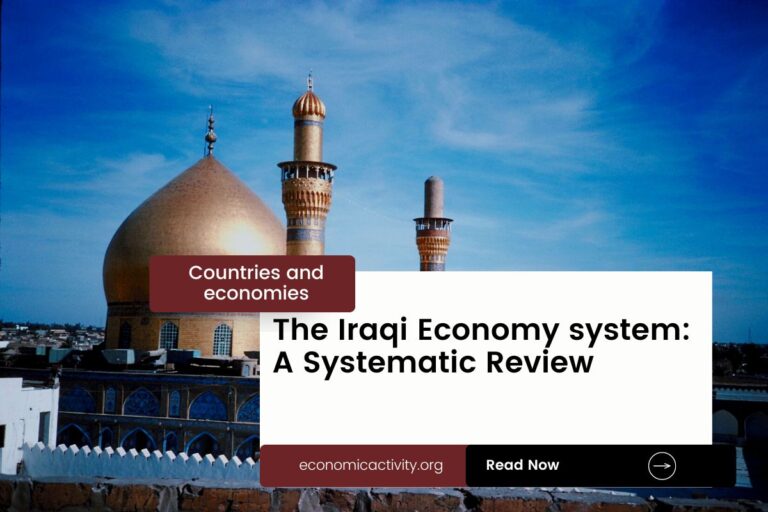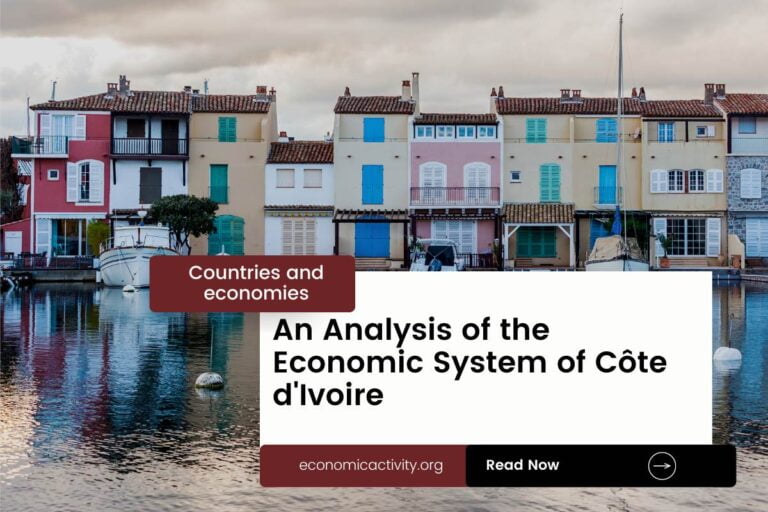What is the economic system of Malta? The economy of Malta is based on a mixed economy. The country’s economic system combines elements of a market economy and a planned economy.
Malta’s economy is heavily reliant on tourism, financial services, and manufacturing. It also has a thriving film industry and is a hub for maritime trade.
In Malta, the economy is composed of a private sector, consisting of individuals and businesses that make autonomous decisions based on self-interest, and a public sector, where the state determines the production and distribution of certain goods and services. No country is purely capitalist or purely communist.
What do the freedom indexes tell about the economic system of Malta?
Now, to determine if a country is mainly a market economy or a planned economy, it is useful to examine some economic indexes. For instance, according to the 2022 Index of Economic Freedom, which measures the ability of every human to control his own labor and property, Malta is ranked 27th globally and 19th in Europe indicating that the country has a mostly free economy.
In a similar way, the 2022 Freedom House index evaluates the state of political rights and civil liberties globally. Generally, market economies tend to align more with democracy and freedom, while command economies tend to be characterized by greater state control and fewer democratic and civil liberty protections.
Malta gets a score of 89/100, which qualifies it as Free. Malta is a country where the government does not control what people do for political reasons, and people have the freedom to choose (what, how much and how to produce, whether to buy or not, selling price, etc.)
What do the biggest companies in Malta say about the country’s economic system?
The biggest company in Malta should also be looked at, as well as whether it is a state-owned or private company. In this case, Malta Int’l Airport is the main airport in Malta, a Mediterranean island nation. It offers flights to Europe, North Africa & the Middle East.
The private sector industries of Malta include tourism, financial services, and manufacturing. The public sector industries include healthcare, education, and transportation.
The historical factors that have influenced the economic system of Malta
Malta’s mixed economy system results from a combination of factors, including the country’s colonial history, strategic location, and economic policies.
The country’s colonial past has led to a reliance on foreign investment and trade, while its strategic location has enabled it to benefit from the global economy.
Additionally, the country’s economic policies have encouraged the development of a market-based economy, with a focus on private enterprise and foreign investment.





Leave a Reply